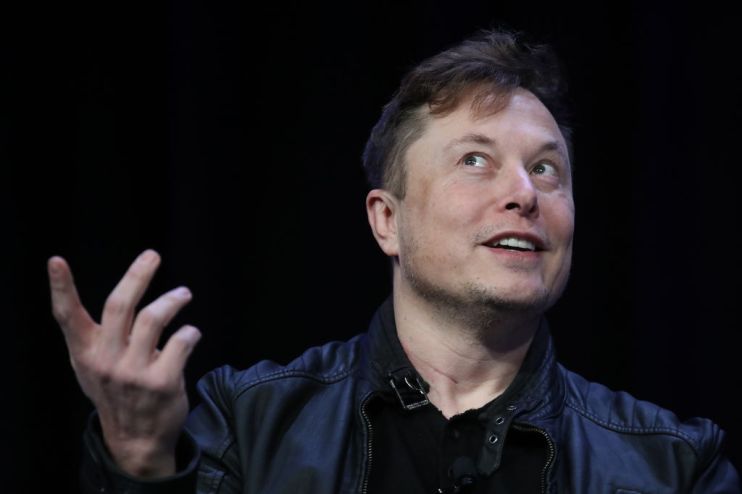Elon Musk’s Space X urges regulators to review Viasat’s £5.5bn takeover of British satellite company

Elon Musk’s row with technology specialist Viasat escalated this week, with his company Space X challenging the US regulators’ decision to greenlight his rival’s £5.5bn merger with British satellite company Inmarsat, according to reports.
The billionaire’s space group has written to the Federal Communications Commission demanding it “expeditiously review and rescind” the takeover verdict reached in May, the Daily Telegraph reported.
Space X argues that the acquisition was “contrary to the public interest” because of Viasat’s “blatant disregard” for regulations, according to its filing with the FCC.
It believed the regulator had “improperly” failed to consider its claims the first time – when it was cleared by regulators.
Although the deal has been closed, Space X wants a further review over the transfer of control of Inmarsat’s satellites, which are used for maritime communications and defence.
Musk has previously claimed Viasat is causing interference with his Starlink satellites and of breaching its licensing conditions.
In reponse, Musk tweeted that Starlink “poses a hazard to Viasat’s profits, more like it”.
A Viasat spokesperson told The Daily Telegraph that Space X’s complaint “dredges up a years-old, unfounded” accusation.
It said the FCC had already found it “qualified to obtain licences” and that its rival’s latest moves were an attempt to “hijack” the takeover.
A Viasat spokesperson said: “These are old arguments that have been tried and failed before – the FCC expressly rejected them in clearing the acquisition. And they will certainly fail again.
“Our focus is on integrating Inmarsat’s assets and capabilities into the Viasat family to offer the innovative new services our customers want.”
Headquartered in California, Viasat offers satellite broadband, in-flight Wi-Fi and military communications for craft orbiting high above the earth.
It has suffered its own setbacks this year after two of its satellites malfunctioned shortly after launch – at a loss in excess of $1bn, which would be partly covered by insurance.
The story was first reported in The Daily Telegraph.